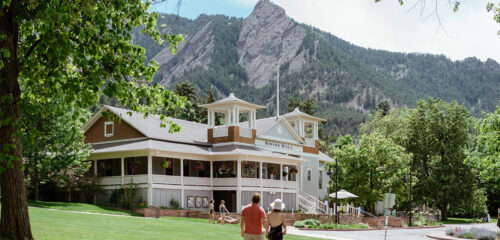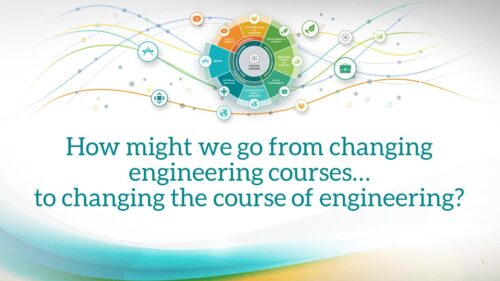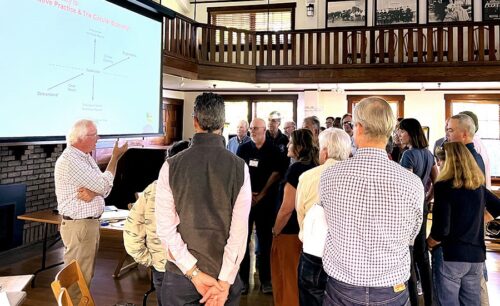
In dealing with the future … it is more important to be imaginative and insightful than to be one hundred percent right.”
Alvin Tofler, Future Shock, 1970
Artificial intelligence, autonomous vehicles, climate change and extreme weather events, advances in genetic and biological science, shifting global geopolitics, the new space race, the long tail of COVID, rising income inequality and poverty traps, escalating cybersecurity threats, and imperatives for social and environmental justice. How will the intersection and interaction of these forces, and more, play out in the future? How should the engineering community respond to fulfill its role as stewards of technology and nature on behalf of society? What can the engineering community do today to influence how the future might unfold?
The 2023 Engineering Change Lab – USA (ECL) Engineering Ideas Institute, to be held from September 25-27 at the Colorado Chautauqua in Boulder, CO, will examine how the engineering community can use scenario thinking to become more agile, flexible, and resilient in the face of an uncertain, complex, and rapidly changing world. Provocateurs, group dialogue and exercises, nature walks, and opportunities for personal reflection will be used to challenge assumptions and stretch imaginations as participants collectively create and use scenarios to explore the future of engineering.



